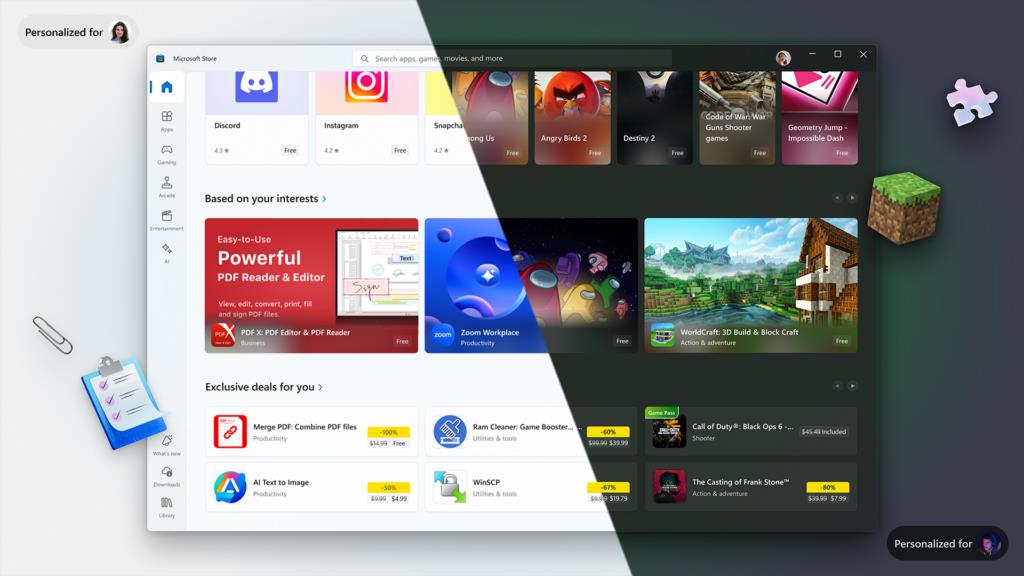New ModSecurity WAF Vulnerability Let Attackers Crash the System
A significant denial of service vulnerability has been discovered in ModSecurity, one of the most widely deployed open-source web application firewall (WAF) engines used to protect Apache, IIS, and Nginx web servers. The vulnerability, designated as CVE-2025-48866, affects all ModSecurity versions prior to 2.9.10 and allows attackers to crash systems through exploitation of the sanitiseArg […] The post New ModSecurity WAF Vulnerability Let Attackers Crash the System appeared first on Cyber Security News.

A significant denial of service vulnerability has been discovered in ModSecurity, one of the most widely deployed open-source web application firewall (WAF) engines used to protect Apache, IIS, and Nginx web servers.
The vulnerability, designated as CVE-2025-48866, affects all ModSecurity versions prior to 2.9.10 and allows attackers to crash systems through exploitation of the sanitiseArg and sanitizeArg actions.
This high-severity flaw carries a CVSS score of 7.5, highlighting the significant risk it poses to organizations relying on ModSecurity for web application protection.
ModSecurity DoS Flaw
The newly identified vulnerability stems from excessive platform resource consumption within a loop, classified under CWE-1050 weakness enumeration.
When ModSecurity processes rules containing the sanitiseArg or sanitizeArg actions, the system becomes vulnerable to adding an excessive number of arguments, ultimately leading to denial of service conditions.
This flaw specifically targets the argument sanitization functionality designed to mask sensitive data like passwords in audit logs.
The vulnerability vector is particularly concerning as it can be exploited remotely over networks without requiring authentication or user interaction.
According to the CVSS 3.1 vector string CVSS:3.1/AV:N/AC:L/PR:N/UI:N/S:U/C:N/I:N/A:H, attackers can achieve high availability impact while the attack complexity remains low.
However, the exploitation requires very specific circumstances, as the vulnerability only manifests when rules explicitly specify arguments for the sanitization actions, , such as in the configuration example:
The technical root cause lies in the inefficient processing of argument sanitization within mod_security2.
When a rule utilizes the sanitiseArg action, the system examines all parsed arguments and calls the sanitization function repeatedly for each matching argument name.
In scenarios where a large number of arguments match the specified criteria, this creates a resource-intensive loop that can overwhelm system resources.
For instance, if an application processes 500 arguments through the ARGS variable and all match the sanitization criteria, the action would execute 500 times consecutively.
Each execution adds matching argument names to the sanitization list, creating cumulative resource consumption that can escalate to system crash levels.
This behavior mirrors the previously disclosed vulnerability CVE-2025-47947, indicating a pattern of similar vulnerabilities within the ModSecurity codebase.
Importantly, this vulnerability exclusively affects mod_security2 implementations and does not impact libmodsecurity3, as the latter does not support the problematic sanitiseArg actions. This distinction is crucial for organizations planning their security response strategies.
Risk Factors Details Affected Products ModSecurity (mod_security2) versions prior to 2.9.10 Impact Denial of Service Exploit Prerequisites 1. Rules using sanitiseArg/sanitizeArg with specified arguments
2. Ability to inject excessive matching argumentsCVSS 3.1 Score 7.5 (High)
Mitigation Strategies
Organizations can implement immediate protection through several approaches. The primary recommendation involves upgrading to ModSecurity version 2.9.10, which contains the official fix for this vulnerability.
The development team at ModSecurity discovered this flaw during a comprehensive code review following their previous vulnerability disclosure, demonstrating their commitment to proactive security measures.
For environments where immediate upgrading is not feasible, administrators can implement a workaround by avoiding rules that contain the sanitiseArg or sanitizeArg actions.
This temporary measure eliminates the attack vector while organizations prepare for system updates.
Security teams should audit their current ModSecurity configurations to identify any rules utilizing the vulnerable actions and assess their exposure risk.
Organizations should also consider implementing additional monitoring for unusual resource consumption patterns that might indicate exploitation attempts.
Live Credential Theft Attack Unmask & Instant Defense – Free Webinar
The post New ModSecurity WAF Vulnerability Let Attackers Crash the System appeared first on Cyber Security News.





































































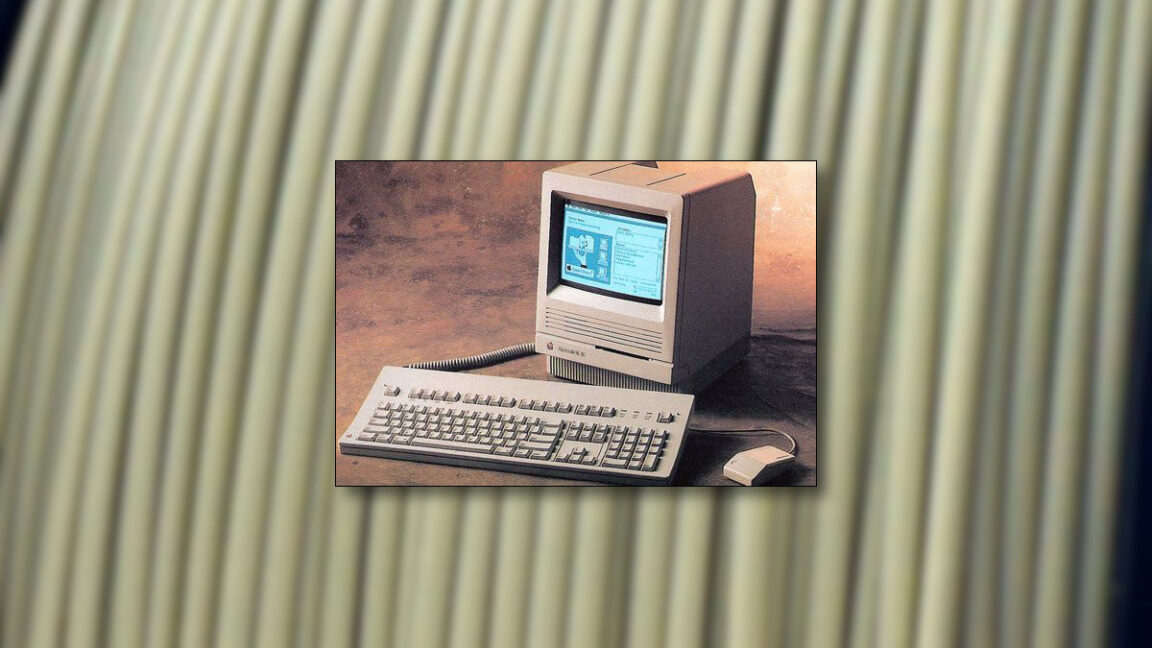








































































































![[The AI Show Episode 151]: Anthropic CEO: AI Will Destroy 50% of Entry-Level Jobs, Veo 3’s Scary Lifelike Videos, Meta Aims to Fully Automate Ads & Perplexity’s Burning Cash](https://www.marketingaiinstitute.com/hubfs/ep%20151%20cover.png)

























































































































![[DEALS] FileJump 2TB Cloud Storage: Lifetime Subscription (85% off) & Other Deals Up To 98% Off – Offers End Soon!](https://www.javacodegeeks.com/wp-content/uploads/2012/12/jcg-logo.jpg)



![From electrical engineering student to CTO with Hitesh Choudhary [Podcast #175]](https://cdn.hashnode.com/res/hashnode/image/upload/v1749158756824/3996a2ad-53e5-4a8f-ab97-2c77a6f66ba3.png?#)

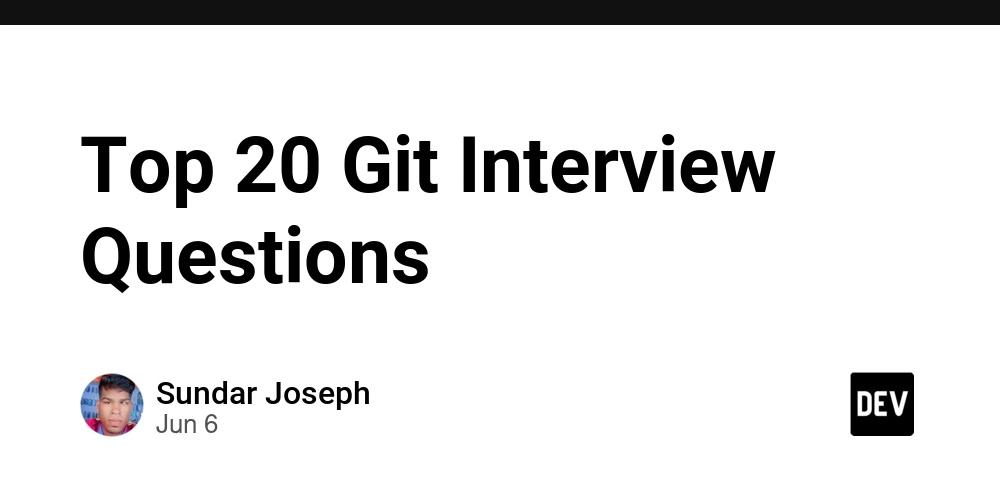
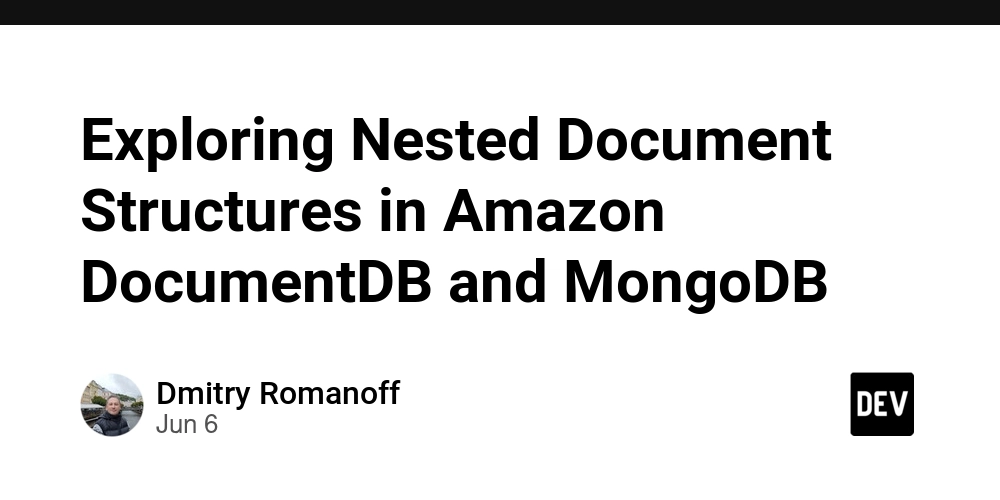
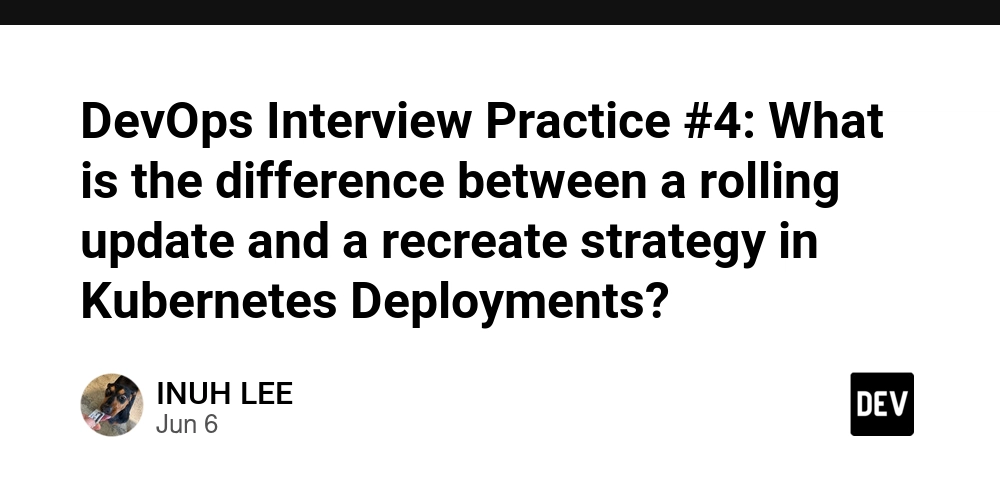









































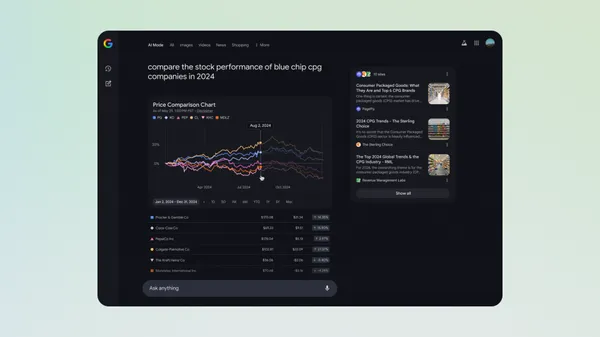













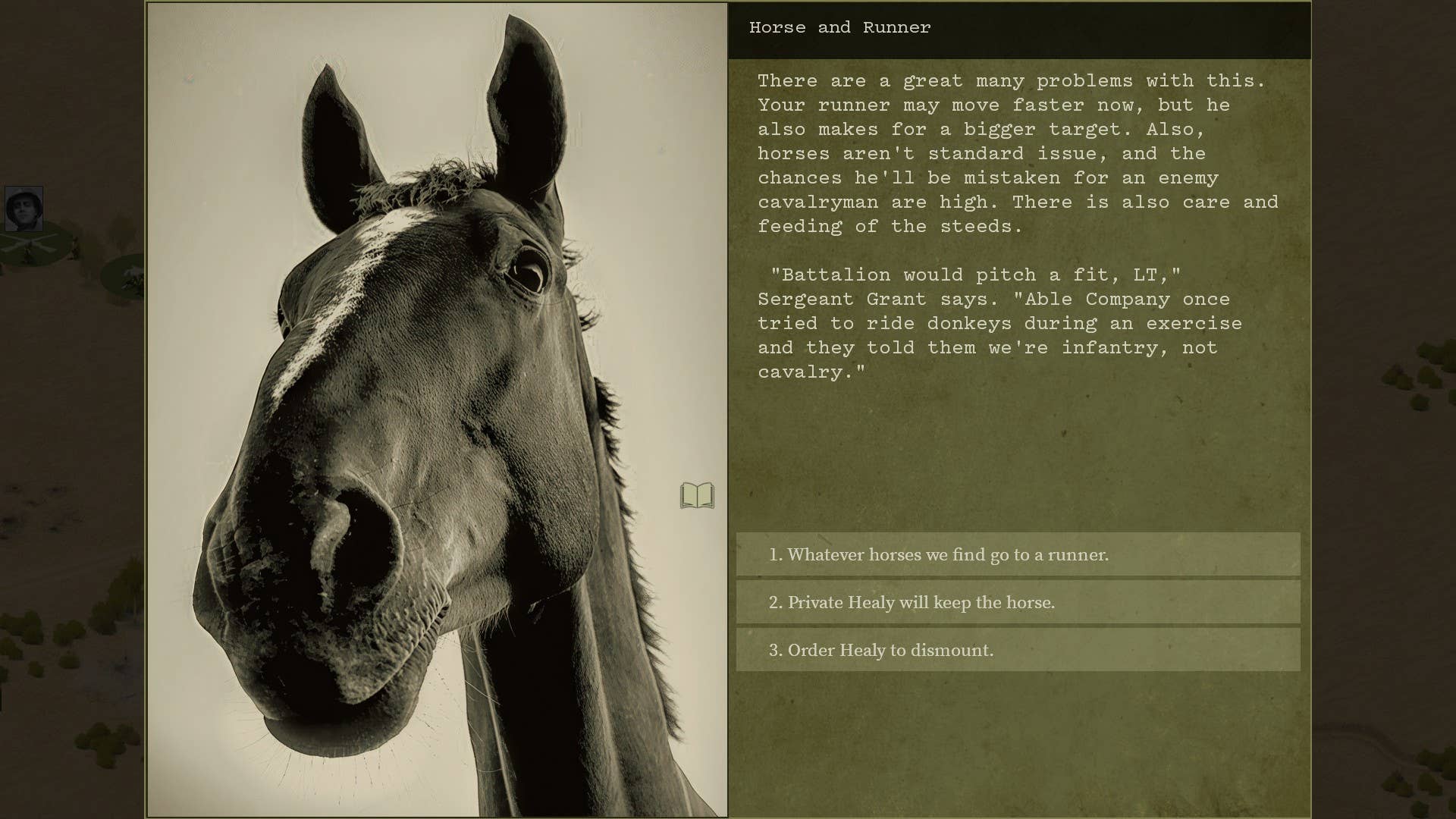













































































_sleepyfellow_Alamy.jpg?width=1280&auto=webp&quality=80&disable=upscale#)







































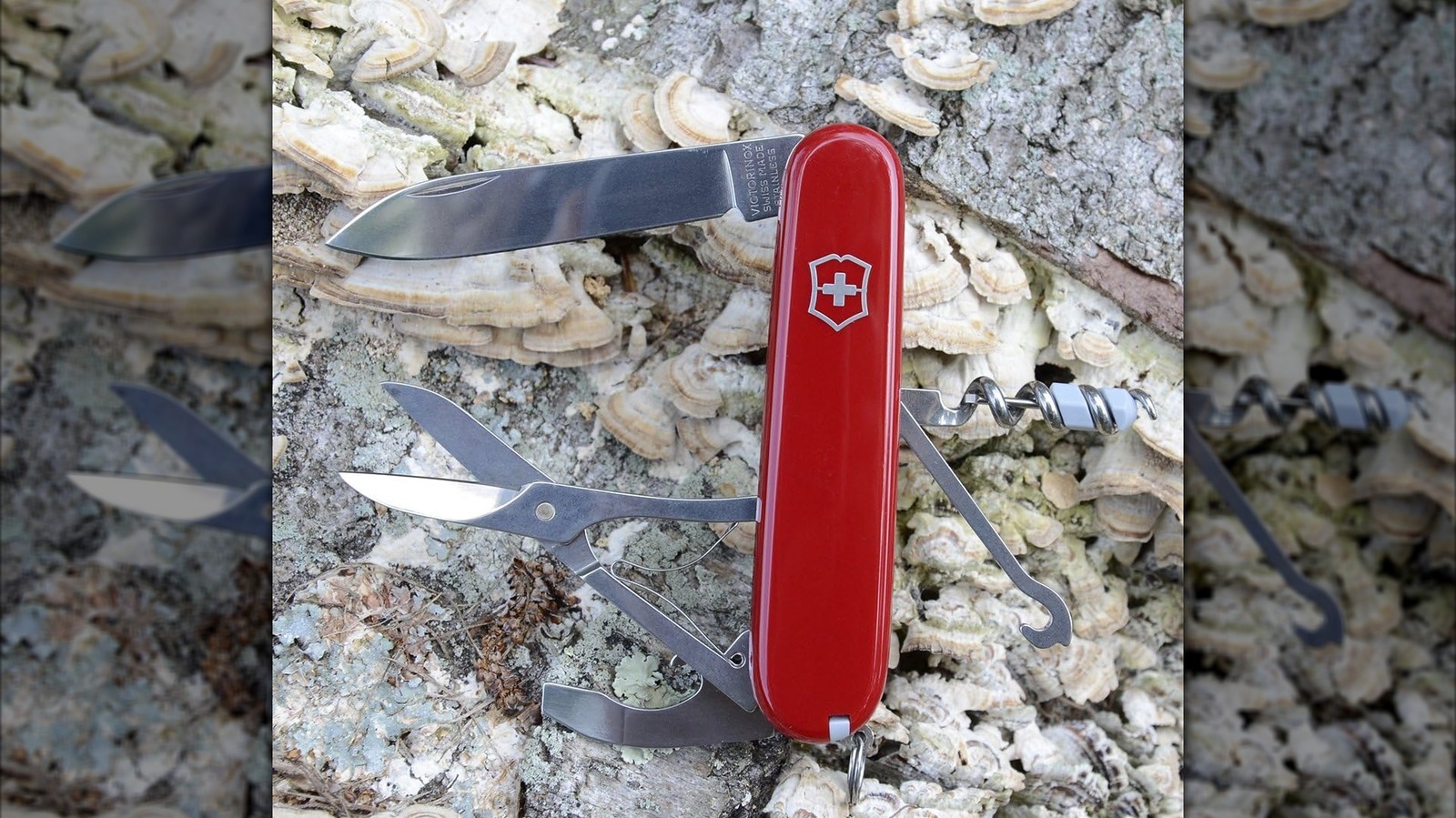





































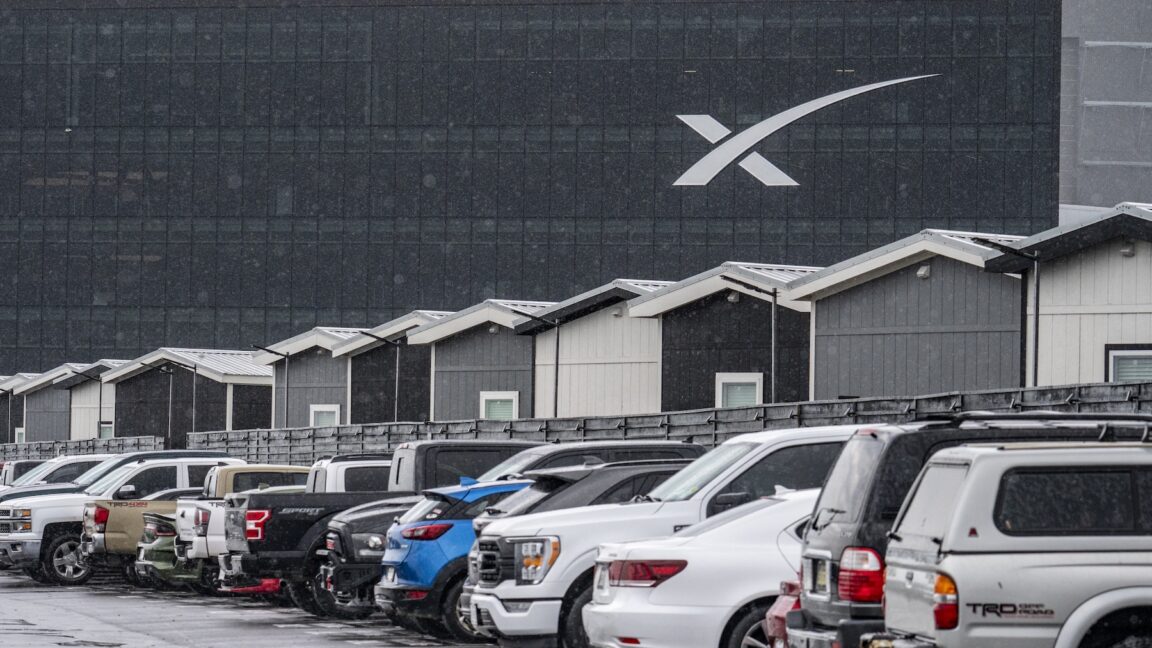



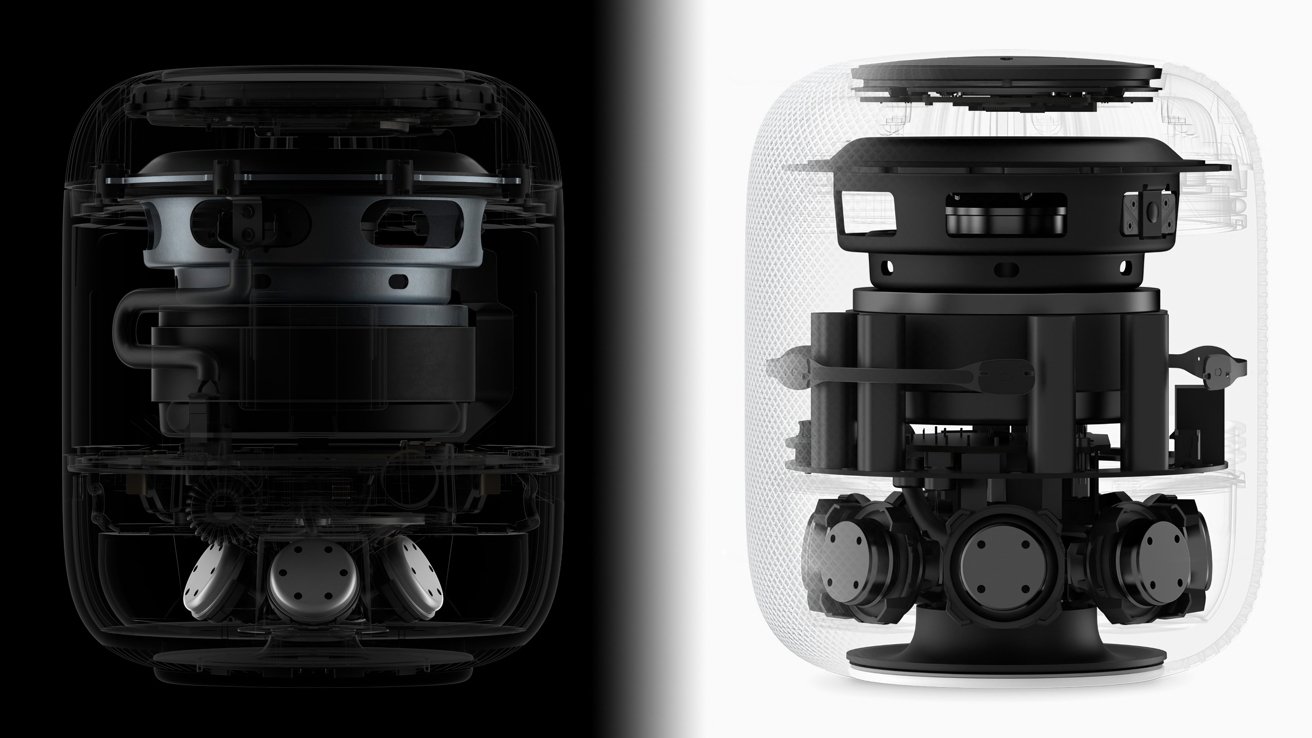




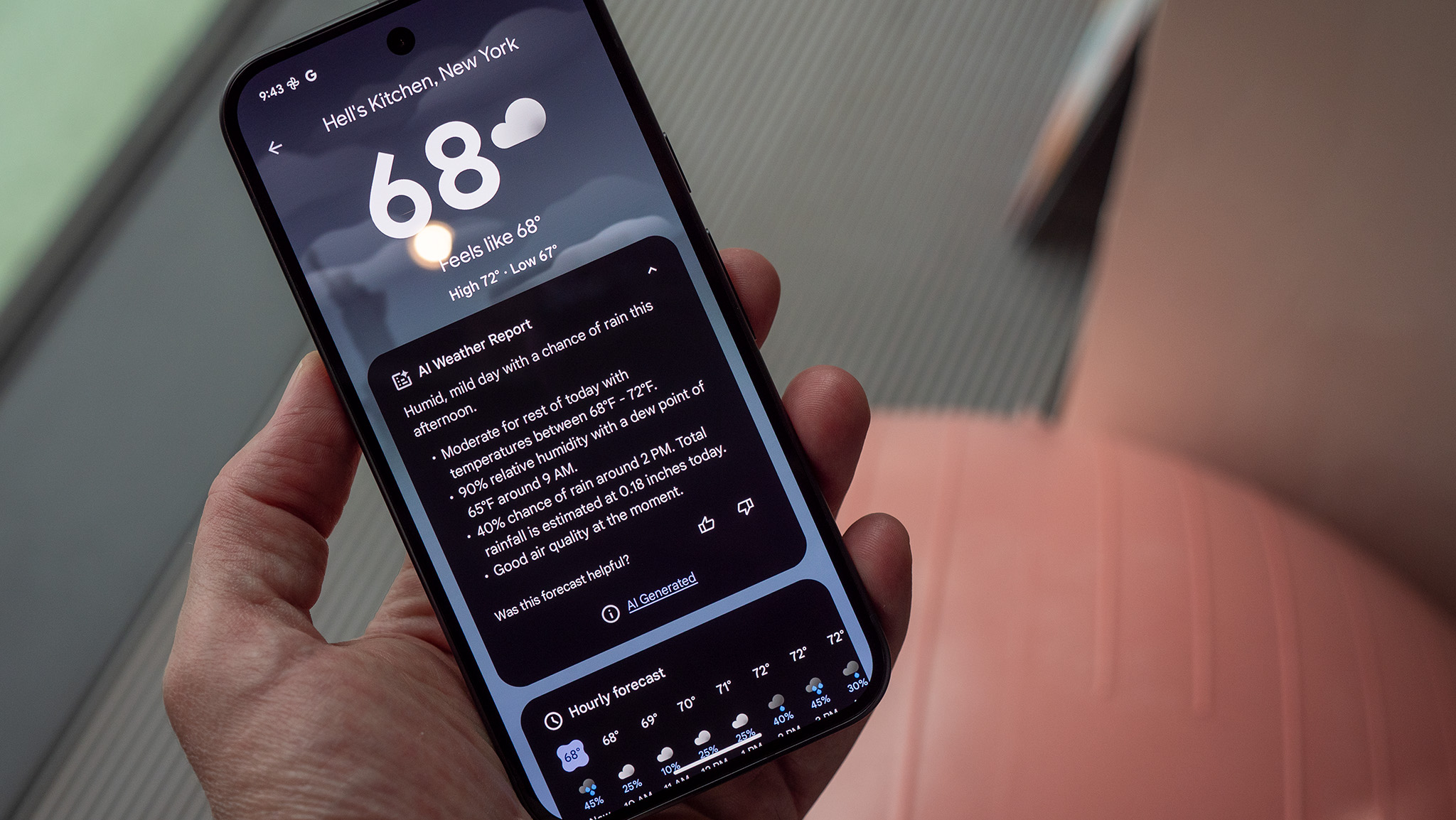

























![watchOS 26 May Bring Third-Party Widgets to Control Center [Report]](https://www.iclarified.com/images/news/97520/97520/97520-640.jpg)

![AirPods Pro 2 On Sale for $169 — Save $80! [Deal]](https://www.iclarified.com/images/news/97526/97526/97526-640.jpg)
![Apple Shares Official Trailer for 'The Wild Ones' [Video]](https://www.iclarified.com/images/news/97515/97515/97515-640.jpg)



















